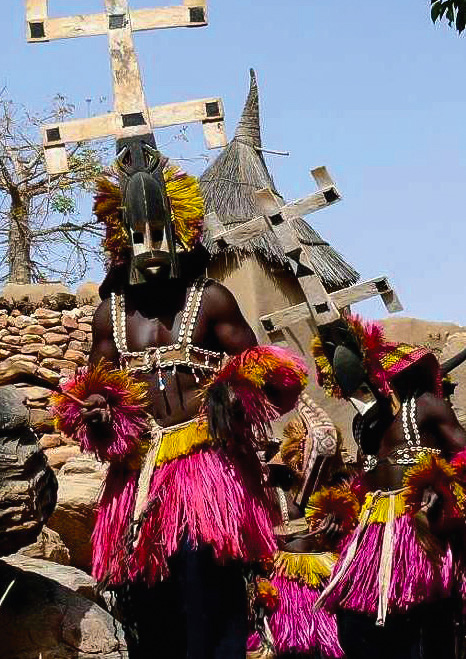
Many African countries require a visa for entry, either before arrival or upon arrival. For American citizens, there are several African countries that do not require a visa for short-term visits. Ensure that your passport is valid for at least six months beyond your intended stay and check for any additional entry requirements such as proof of onward travel or health certificates. This is a two-part series and we will cover the countries in Africa that require a visa prior next. A visa serves several important purposes: 1. Regulation of Entry and Stay Visas help countries control and regulate the entry, stay, and exit of foreign nationals within their borders. By requiring visas, countries can monitor and manage the flow of visitors, ensuring they meet specific entry criteria and stay only for authorized durations. 2. Security Visas are a tool for maintaining national security. They allow countries to screen[…]






